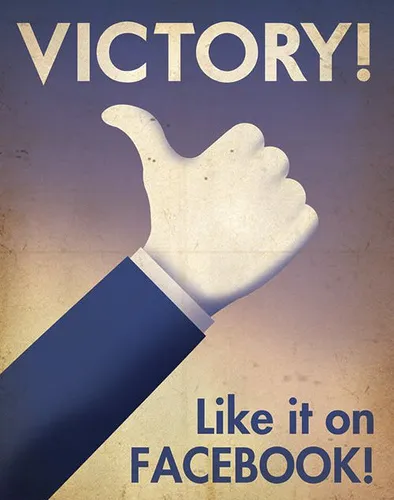There is no doubt that we have seen a quickly evolving revolution of technology and web devices change the face of politics over the last two elections. In 2004, blogs began to influence the way that people read and understood news about the election and about the candidates. In 2008, our most recent election, Social Media began to change the way that we thought about news again, this time using Facebook as avant-garde way of exchanging information. This year we are seeing candidates moving into other social media venues such as Twitter, and micro-blogging platforms to connect with their public and interact in the social web. Social has become essential, mobile has become mandatory and tech has taken a role in the world of US politics.
What Tech Has Changed:
Fundraising: As recently as 2002, it was strange to see someone getting donations online, now online donation forms are dominating. Web designers have created an ecommerce sites for candidates that are both high tech and visually stimulating. Although exact rates of internet donation have not been totaled, the rise of mobile donations to candidates and online ecommerce transactions are on the rise. Mobile is definitely on the rise and will be pretty integral to this election, with the next election likely being even more dependent on mobile technology.
Marketing: It’s official, social media has landed on the scene and is a big factor that goes into a candidate’s platform. With pundits like Jon Stewart and Stephen Colbert dominating Twitter and Facebook, candidates have to make a niche for themselves in a landscape that really wants to be entertained first and informed second. Currently, The Republican National Committee (GOP) has 433k likes on Facebook and the Democratic Party has 378k likes on Facebook. But Twitter is the real power player this year. Twitter has taken off with the political landscape, providing updates on news, candidates posts, up-to-date coverage and opinions from all over the political world. The democrats are leading in overall Twitter followers, and seem to be following more best-practices in the social space. Obama, very active in social during the last election, continues to be a top leader in the Twitter hemisphere.
Voting: Washington State has just announced plans to roll out an app which will enable users to start the voter registration process via a filled in form received from Facebook. Clearly a once solely social space is converging with our everyday processes and helping us solve everyday problems. This advancement has saved Washington $.25 per form. Changes in voting and registration will likely be slower than the integration to social media and mobile, but are at least on the horizon. Mitt Romney also developed an interactive app this year which was revolutionary for politics; we could see the future of voting going to app developers.
Public Access: “Read my lips, no more new taxes.” This kind of promise can no longer be brushed under the rug with a “that’s not what I really meant” statement by a candidate. Now with so much coverage being broadcasted live on YouTube the public has access to the nearly all of the things a candidate says and does and can access them seemingly for forever. Videos of audience members throwing shoes at President Bush, Obama calling rap artist, Kanye West “a jackass” and the Mitt Romney app misspelling the nation’s name as “Amercia” will be seen by millions of people (even those overseas) and will last for posterity.

Private lives: Presidents and candidates have always been scrutinized closely by the media, but with the advent of a more mobile tech and overall more easily transferred digital data in social hemispheres, politicians private lives are put on display. An ill-placed Tweet from a private phone, a misinformed statement or a funny video clip put politician’s mistakes all around the world in a matter of seconds.
With the social web increasingly needing to be entertained and the mass populous wanting quick and easy access to information about the political landscape, Politicians and the world of government must change to the whims of the populous and the needs of prospective voters in order to succeed. Tech helps politicians and the public alike connect and interact through technology on a social map.
If you have any questions about social media, tech and politics (although we’re not promising we know much about politics) or any web related questions please contact us at WebConnection.

